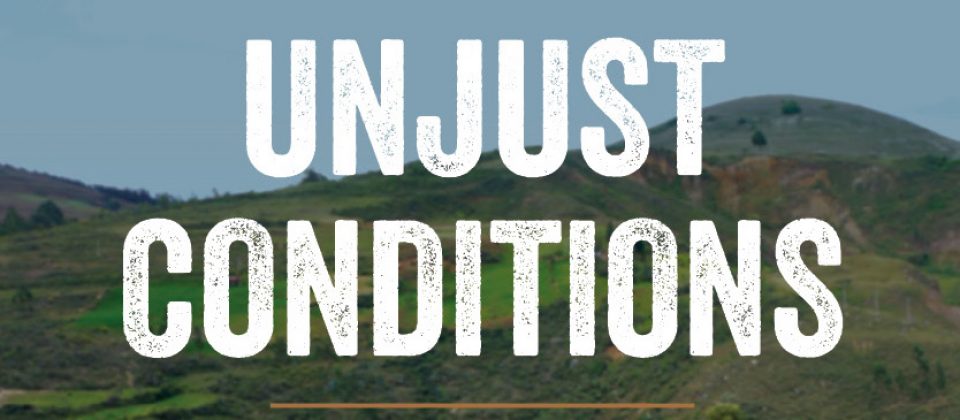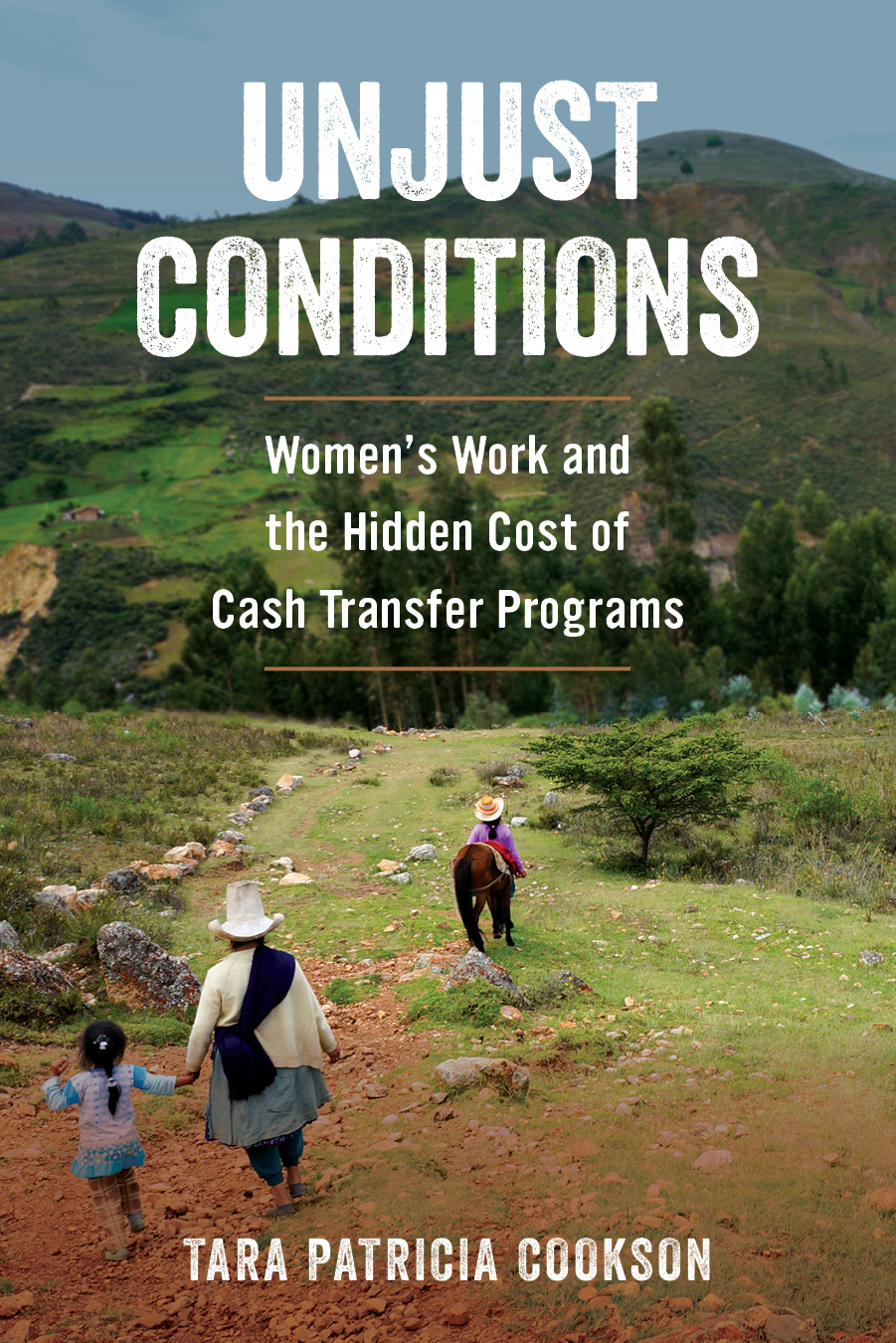
Author: Tara Cookson, Director, Ladysmith Ventures
Unjust Conditions: Women’s Work and the Hidden Cost of Cash Transfer Programs, follows the lives and caring labours of rural mothers in Peru, documenting the ordeals they face to participate in the world’s biggest anti-poverty alleviation programs. In doing so, it poses a stark and demanding challenge to the fastest growing ploy in international development: making aid conditional. Championed by behavioural economists and the World Bank, conditional cash transfer programs (CCTs) reach nearly half a billion people in over 50 countries and are widely praised as efficient mechanisms for changing poor people’s behaviour.
Looking beyond standard program evaluations, this book draws on ethnographic evidence to reveal a host of hidden costs for the women who meet the conditions. CCTs are only “efficient” if we overlook the quality of health and education services and expenditures of women’s time and unpaid labour. This includes extensive periods of walking and waiting for attention at underfunded clinics and schools, participating in a host of arbitrary “shadow conditions” like marching in parades and being subject to house inspections, and dealing with discrimination and abuse of power by local authorities.
While taking seriously the movement for cash-based assistance, the book argues for a feminist approach to development that is unconditional and invests simultaneously in quality public services and infrastructure. Most importantly, it makes the case for an approach to development that cares for women as ends in themselves, rather than simply mobilizing their role as care providers.



Leave a Reply